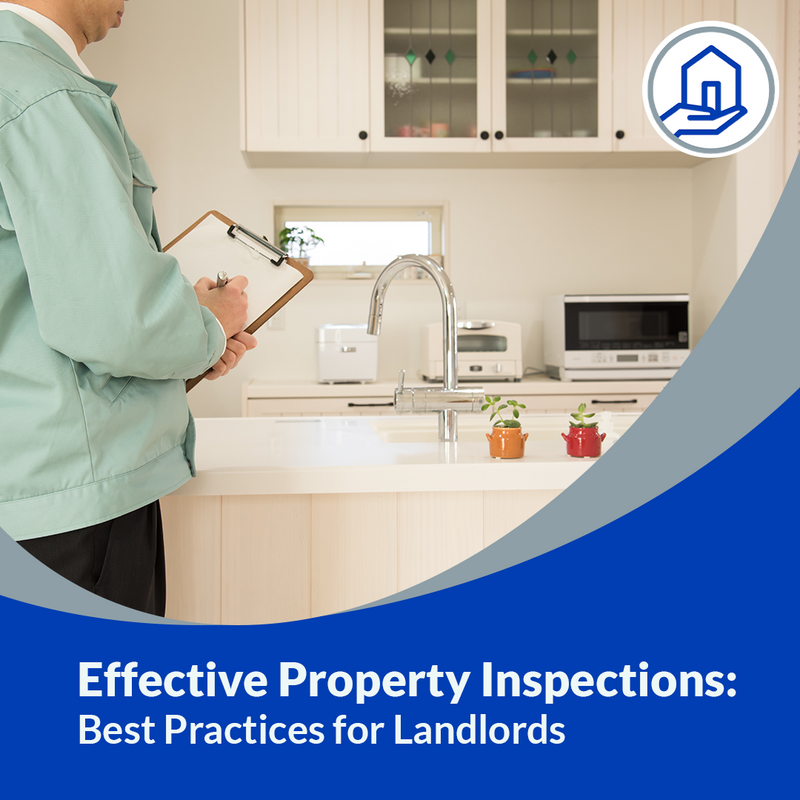As a landlord, conducting regular property inspections is a vital part of ensuring the well-being of your investment and maintaining a positive relationship with your tenants. Effective property inspections allow you to identify any issues, address maintenance needs promptly, and uphold the overall condition of your rental property. In this blog, we will discuss the best practices for conducting thorough and efficient property inspections, empowering you to be a proactive and responsible landlord.
1) Establish Clear Inspection Policies
Before conducting property inspections, it’s essential to establish clear policies and communicate them to your tenants. Clearly outline the frequency of inspections, the notice period you will provide, and the purpose of the inspections. Make sure to adhere to local laws and regulations regarding tenant rights and privacy. By setting clear expectations, you foster transparency and maintain a positive landlord-tenant relationship.
2) Create a Checklist
To ensure a comprehensive inspection, develop a detailed checklist that covers all key areas of your rental property. This checklist may include interior and exterior areas, such as walls, flooring, appliances, plumbing fixtures, electrical systems, HVAC, and safety features. Use the checklist during inspections to systematically evaluate each item and note any necessary repairs or maintenance.
3) Schedule Inspections Regularly
Regular inspections are crucial to identifying and addressing potential issues early on. Depending on the lease terms and local regulations, consider conducting inspections annually or biannually. However, it’s important to strike a balance between being proactive and respecting your tenants‘ privacy. Provide adequate notice to tenants before inspections and try to accommodate their schedules whenever possible.
4) Document Findings
During each inspection, document your findings in detail. Take notes, photographs, or videos to support your observations. Documenting the condition of the property not only helps you track any changes over time but also serves as evidence in case of disputes or insurance claims. Ensure that your documentation is accurate, organized, and securely stored for future reference.
5) Address Maintenance and Safety Concerns Promptly
Property inspections often reveal maintenance or safety concerns that need to be addressed. Promptly address any issues identified during the inspection to ensure the well-being of your tenants and the longevity of your property. Schedule necessary repairs or maintenance tasks promptly and keep a record of the actions taken. Regularly following up with tenants on maintenance requests can help build trust and strengthen your landlord-tenant relationship.
6) Use Technology to Streamline Inspections
Take advantage of technology tools and software to streamline your property inspections. There are numerous mobile apps available that allow you to create digital checklists, take photos, and generate inspection reports on-site. These tools can save time, improve accuracy, and enhance the efficiency of your inspection process.
Effective property inspections are an essential part of being a responsible landlord. By establishing clear policies, creating comprehensive checklists, conducting inspections regularly, documenting findings, addressing concerns promptly, and utilizing technology, you can ensure that your rental property is well-maintained and meets the needs of both you and your tenants.
Ready to enhance your property management practices? Contact us today to learn how our professional property management services can help you conduct effective property inspections and maintain the value of your investment. Let’s ensure the success and longevity of your rental property.

